
What is CEO? What are the roles, duties and responsibilities of the CEO in the business? How to become a talented CEO, leading the entire company? You’ve heard a lot about the CEO, but do you really understand this important position?
Let’s find out about the CEO right away with Malu through the article below.
What is CEO?
CEO stands for Chief Executive Officer (chief executive officer or managing director) is the highest executive position of an organization or corporation. The CEO is responsible for implementing all important business policies and reporting to the company’s board of directors. The CEO has the final say when making decisions for the company.

The CEO has overall responsibility for planning, strategic development, implementation, and integration of an organization’s direction in order to maximize their financial goals. This includes responsibility for all components and parts of the business.
The Chief Executive Officer (CEO) is the person who outlines the path of the business, is an important key on all activities of the organization. Besides, the CEO is also the person who builds, develops and promotes the company’s image, brand, and culture . As the head of the organization, the CEO represents the company to negotiate, sign commercial contracts, approve investment projects, financial policies and supervise business activities.
The CEO may delegate some power to his subordinates, but the final decision maker will still be the CEO.

The CEO reports directly the results of his work to the Board of Directors of the enterprise. The board consists of individuals elected by shareholders to manage the capital they invest in the business. The CEO usually has a seat on the Board of Directors, and in many cases, they hold the position of Chairman of the Board.
>>> Concept of M&A in business
Roles and Responsibilities of the CEO
In order to contribute to the success of the entire business, the CEO is responsible for leading the establishment and implementation of long-term strategies, with the goal of increasing dividend value, satisfying shareholders. capital in the enterprise.
The CEO’s roles and responsibilities can vary widely between businesses, often depending on the organizational structure and overall size of the business. In small and medium-sized businesses, the CEO often holds great power, sometimes including responsibility in recruiting human resources.

In large enterprises, the CEO is usually only responsible for large-scale decision-making, long-term strategies are important. Less important decisions will be empowered by lower-level managers.
There is no universal standard that defines specific duties and responsibilities for a CEO. Overall, the CEO’s duties and responsibilities include:
- On behalf of the company, is responsible for speaking to shareholders, government agencies, and the public.
- Make short- and long-term business decisions.
- Establish and implement the vision and goals of the business.
- Evaluate the performance of senior leaders in the business, including directors, deputy directors and heads of strategy development.
- Identify challenges that businesses may face, seize opportunities from the market.
- Ensure businesses fulfill their responsible commitments to the social community.
- Assess the risks of the business, ensure that those risks are monitored and significantly minimized.
- Propose strategic goals, and ensure they are specific and measurable.
>>> Determine KPIs in the business
Structure of a business
To meet the needs of shareholders, many businesses apply a two-tier organizational structure, including one layer is the Board of Directors, the other layer is the senior leaders of the business (COO, CEO, CFO). .
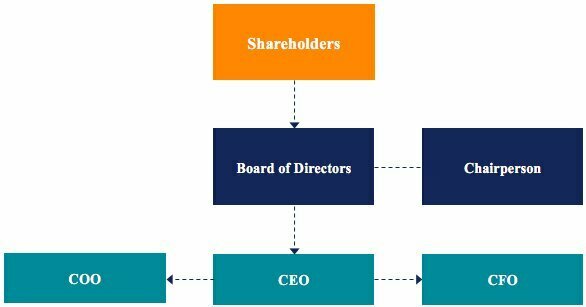
Nominated by shareholders in the company is the Board of Directors – the Board is responsible for overseeing the company’s business activities. The Board will nominate the Chairman of the Board of Directors and the CEO. With the CEO’s recommendation, the Council continued to appoint COO – Chief Operating Officer; CFO – chief financial officer.
Difference between CEO and Chairman of the Board
Quite a few people confuse the roles of CEO and Chairman. The CEO is the person who has the power to make high-level operational decisions in the enterprise, while the Chairman of the Board of Directors is only responsible for supervising the use of the investment cash flow of the shareholders by the enterprise, and the operation of the business. Generally speaking.
The Board of Directors usually meets several times a year to set long-term goals, report financial results, evaluate the performance of senior leaders, and propose future strategies of the business. .

In principle, the Chairman of the Board of Directors usually has a higher position than the CEO, but the Chairman of the Board of Directors does not have the right to make important decisions without consulting the members of the Board. The Chairman of the Board of Directors can be considered as the biggest “boss” in the enterprise, often does not participate in direct management of the daily activities of the business, in order to help the CEO to actively operate and manage the business.
Reasons to separate CEO and Chairman of the Board
In some businesses, the position of CEO and Chairman of the Board may be held by one person. Many businesses allow the CEO to hold the Chair of the Board, but this can be potentially risky.
Example: The Board of Directors is considering salary increases for senior leadership positions. As a senior leader, the CEO can completely vote in favor of the Council on this proposal.
Or the board of directors is asking members to rate the performance of senior employees in the business. The CEO can fully evaluate his own performance as well, because he has a place on the Council to vote on.
Therefore, enterprises should separate the two positions of CEO and Chairman of the Board of Directors to avoid conflicts of interest that may arise.
5 examples of excellent CEOs
We have clearly understood what a CEO is, as well as the rights and responsibilities of a CEO in an enterprise. Here are 5 outstanding CEO names, referring to them as exemplary leadership models in the marketplace:
1. Jeff Bezos – Amazon
In the list of excellent leaders, it is impossible not to mention Jeff Bezos, CEO of the “big man” Amazon. It was Jeff Bezos who shaped the success of Amazon, turning the company from a mere e-book business into the “king” of the world’s retail industry. He also made great contributions to the transformation of modern global e-commerce.

Jeff is known as a visionary. He currently spends most of his fortune on AI (artificial intelligence) research and development, as well as optimizing Amazon’s warehouse storage system.
2. Larry Page – Google
Referring to Jeff Bezos, you cannot ignore his rival: Larry Page. The CEO of Google made a huge contribution to the development of the online search engine, to the development of the Internet, and completely changed the way we find information.
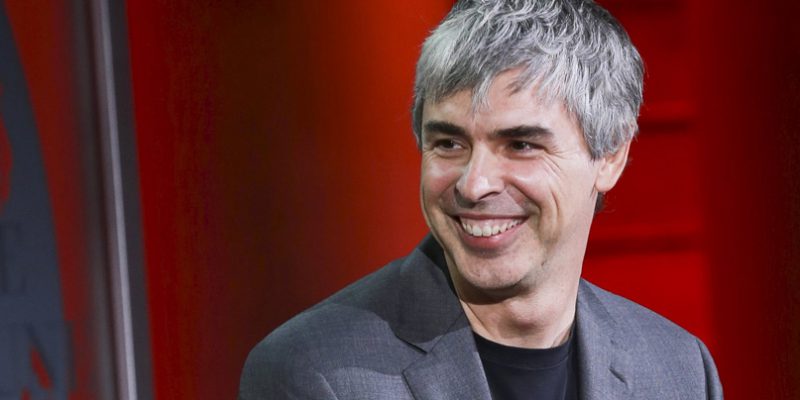
He also contributed to turning Google from a company providing a simple search engine, to becoming an electronic enterprise dealing in many fields, from providing digital content (YouTube), operating systems on mobile platforms (YouTube), Android) to the mobile device business (Google Pixel). Every change of Google (from the search algorithm to the service platform) has a great impact on the Internet interaction of users around the world.
3. Mark Zuckerberg – Facebook
From a Harvard dropout, Mark Zuckerberg gradually built his business empire in a single place: Facebook.
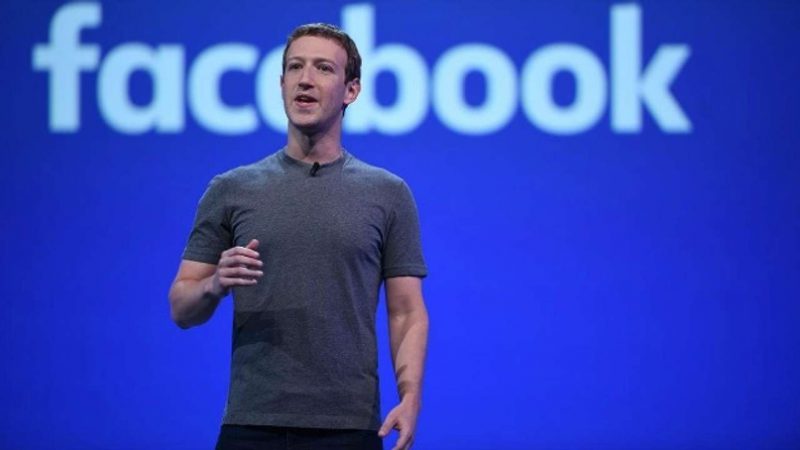
He is considered one of the great leaders, for changing the way people communicate and connect, through Facebook. Previously, all interaction of Internet users was only through mail exchange and Yahoo. Today, through Facebook and Messenger, the distance between people seems to be no distance.
Only about 10 years ago, Facebook was just an application to store yearbook photos for students. Now, under the heavy hands of Mark et al, it has truly become a “super app”, a true social network.
4. Warren Buffett – Berkshire Hathaway
Warren Buffet is certainly not a strange name to the public. However, little is known to the public, he is the CEO of Berkshine Hathaway – the leading investment fund in the United States, where Warren’s name is made.
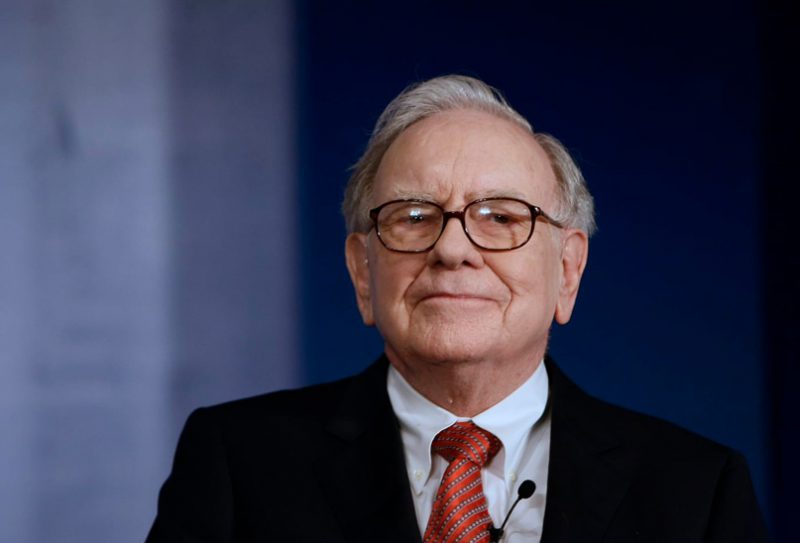
He is considered a cool investor, orienting his company to invest in many “billion-dollar” deals, such as acquiring 7% shares of Coca-Cola, or directly investing in AIG, IBM, etc. Berkshire Hathaway’s success is all about Warren’s involvement and decision-making.
5. Pham Nhat Vuong – Vin Group
Closing the list of outstanding CEOs is a Vietnamese celebrity, Mr. Pham Nhat Vuong. He is a key factor contributing to the success of Vin Group, when turning the business from a mere food production abroad to one of the largest multi-industry corporations in Vietnam.
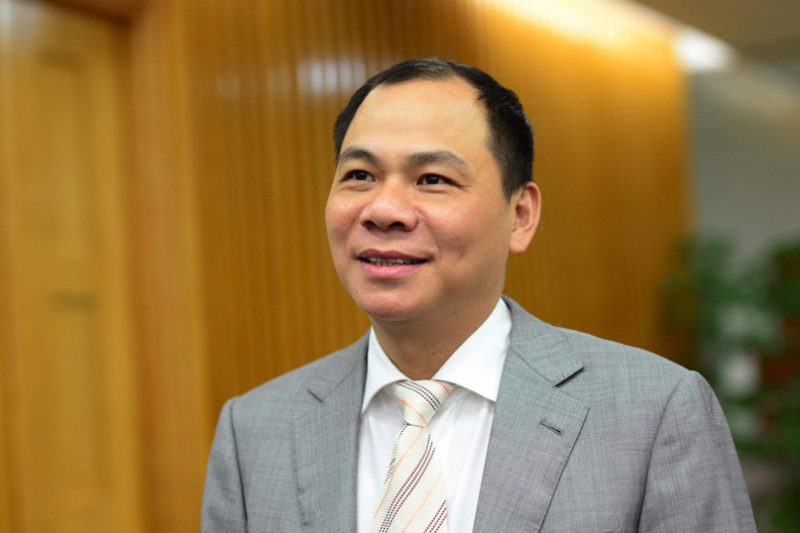
Mr. Vuong is a man of great vision, ambition and enterprising. He is one of the people who have contributed to shaping the development of many business fields in Vietnam, such as real estate, tourism – resort, retail, and more recently the car and electronics industry.
Hopefully the above information will give you a more specific view of the CEO position, their responsibilities and powers in the business, as well as a few typical examples of outstanding CEOs. In the world.




